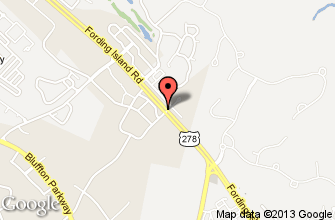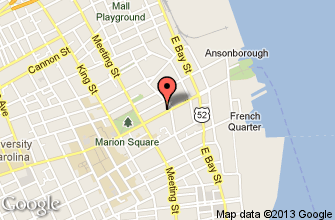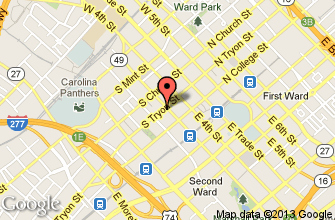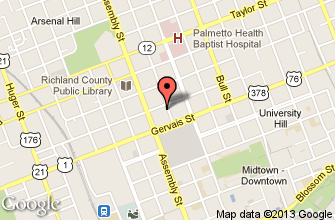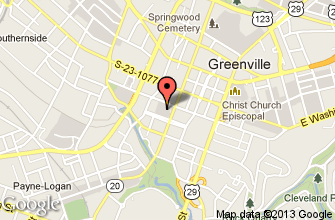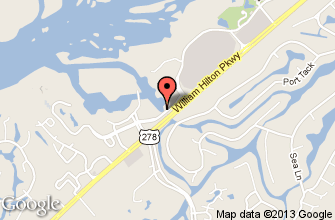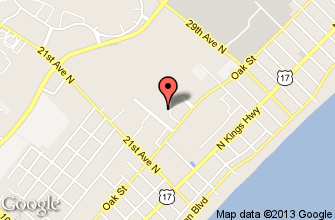News Room
PrintSupreme Court Clarifies Patent Exhaustion Doctrine and Limits Post-Sale ControlAuthored by: Douglas W. Kim and Lance A. Lawson, P.E.
June
8, 2017
"We conclude that a patentee's decision to sell a product exhausts all of its patent rights in that item, regardless of any restrictions the patentee purports to impose or the location of the sale."[1]
In Impression Products, Inc. v. Lexmark International, Inc., the Supreme Court held that after a patent holder sells a patented product, the patent holder cannot control the product by way of patent rights.[2] United States patent laws allow a patent holder to "exclude others from making, using, offering for sale, or selling the invention throughout the United States or importing the invention into the United States . . . "[3] Thus, making, using, offering for sale, selling, or importing the invention in the U.S. without permission from the patent holder violates the patent owner's right to exclude and is an act of infringement. Patent exhaustion is a potential defense to a claim for patent infringement. The patent owner exhausts its right to exclude when the patent owner, itself or through a licensee, sells or authorizes a sale of a product covered by the patent.
In Impression Products, Inc. v. Lexmark International, Inc., the Supreme Court held that after a patent holder sells a patented product, the patent holder cannot control the product by way of patent rights.[2] United States patent laws allow a patent holder to "exclude others from making, using, offering for sale, or selling the invention throughout the United States or importing the invention into the United States . . . "[3] Thus, making, using, offering for sale, selling, or importing the invention in the U.S. without permission from the patent holder violates the patent owner's right to exclude and is an act of infringement. Patent exhaustion is a potential defense to a claim for patent infringement. The patent owner exhausts its right to exclude when the patent owner, itself or through a licensee, sells or authorizes a sale of a product covered by the patent.
This case arose when Lexmark, the patent holder, attempted to restrict post-sale activity concerning its toner cartridges covered by its patent, including post-sale activities regarding printer cartridges Lexmark sold outside the United States. Seeking to prevent third parties from refilling and reselling its cartridges, Lexmark created a sales program that encouraged buyers to return spent cartridges to Lexmark and Lexmark alone. The sale program allowed customers to: (a) buy a cartridge at full price with no post-sale restrictions; or (b) buy the cartridge at a discount, but contractually agree to use the cartridge only once and return it to Lexmark. Operationally, Lexmark placed a computer chip on these "discounted" cartridges, which helped to prevent unauthorized reuse.[4] Unfortunately for Lexmark, third parties discovered methods to defeat the chip and continued to sell and import refilled cartridges. "Lexmark, however, was not so ready to concede that its plan had been foiled."[5]
Lexmark sued several remanufacturers, including Impression Products, Inc., for patent infringement, contending that because Lexmark expressly prohibited reuse and resale of these discounted cartridges, the remanufacturers infringed the Lexmark patents when they refurbished and resold them.[6] Impression Products based its defense on patent exhaustion arguing that Lexmark's first sale exhausted all of Lexmark's rights regarding the products sold.
At the Federal Circuit, Lexmark prevailed and the Federal Circuit ruled that a patent owner may sell its product and retain the right to bring patent infringement lawsuits for violations of "clearly communicated . . . lawful restriction[s] as to post-sale use or resale."[7] The Supreme Court, however, reversed the Federal Circuit - and nearly thirty years of precedent - and held that Lexmark exhausted its patent rights the moment it sold the cartridges.[8]
In sum, patent exhaustion is uniform and automatic. Once a patentee decides to sell-whether on its own or through a licensee- that sale exhausts its patent rights, regardless of any post-sale restrictions the patentee purports to impose, either directly or indirectly.[9]
The Supreme Court ruled that Lexmark's single-use/no-resale restrictions in its contracts may have been clear and enforceable under contract law, but they do not entitle Lexmark to retain patent rights in an item after the sale.[10] To make its point, the Supreme Court explained it "has long held that, even when a patentee sells an item under an express restriction, the patentee does not retain patent rights in that product."[11] Further, the Supreme Court clarified that the geographic location of the sale, domestic or foreign, does not affect patent exhaustion; rather, "restrictions and location are irrelevant; what matters is the patentee's decision to make a sale."[12]
All is not lost for patent holders as the Lexmark decision leaves the door open to enforce post-sale restrictions based upon contract law and corresponding remedies.[12] But Lexmark prohibits patent holders from using the patent laws to police or otherwise restrict post-sale activities or otherwise limit a purchaser's ownership rights in the article sold. And this prohibition on restrictions for post-sale activities applies to articles sold outside the United States. While this may reduce the value of patent products in some transactions, the Supreme Court explained that "the Patent Act does not guarantee a particular price."[13]
In light of the Lexmark case, a review of patent licensing and sales strategies would be prudent in many cases.
[1] Impression Products, Inc. v. Lexmark International, Inc., No. 15-1189, ___ U.S. ___, Slip Op. at 2 (May 30, 2017).
[2] Id.
[3] 35 U. S. C. §154(a)
[4] Impression Products, Inc., No. 15-1189, ___ U.S. ___, Slip Op. at 7.
[5] Id. at 8.
[6] Id.
[7] Id. at 8 (citing Mallinckrodt, Inc. v. Medipart, Inc., 816 F. 3d 721, 735 (2016)).
[8] Id. at 10.
[9] Id. at 13.
[10] Id. at 10.
[11] Id. at 8.
[12] Id. at 18.
[13] Id. at 15.
